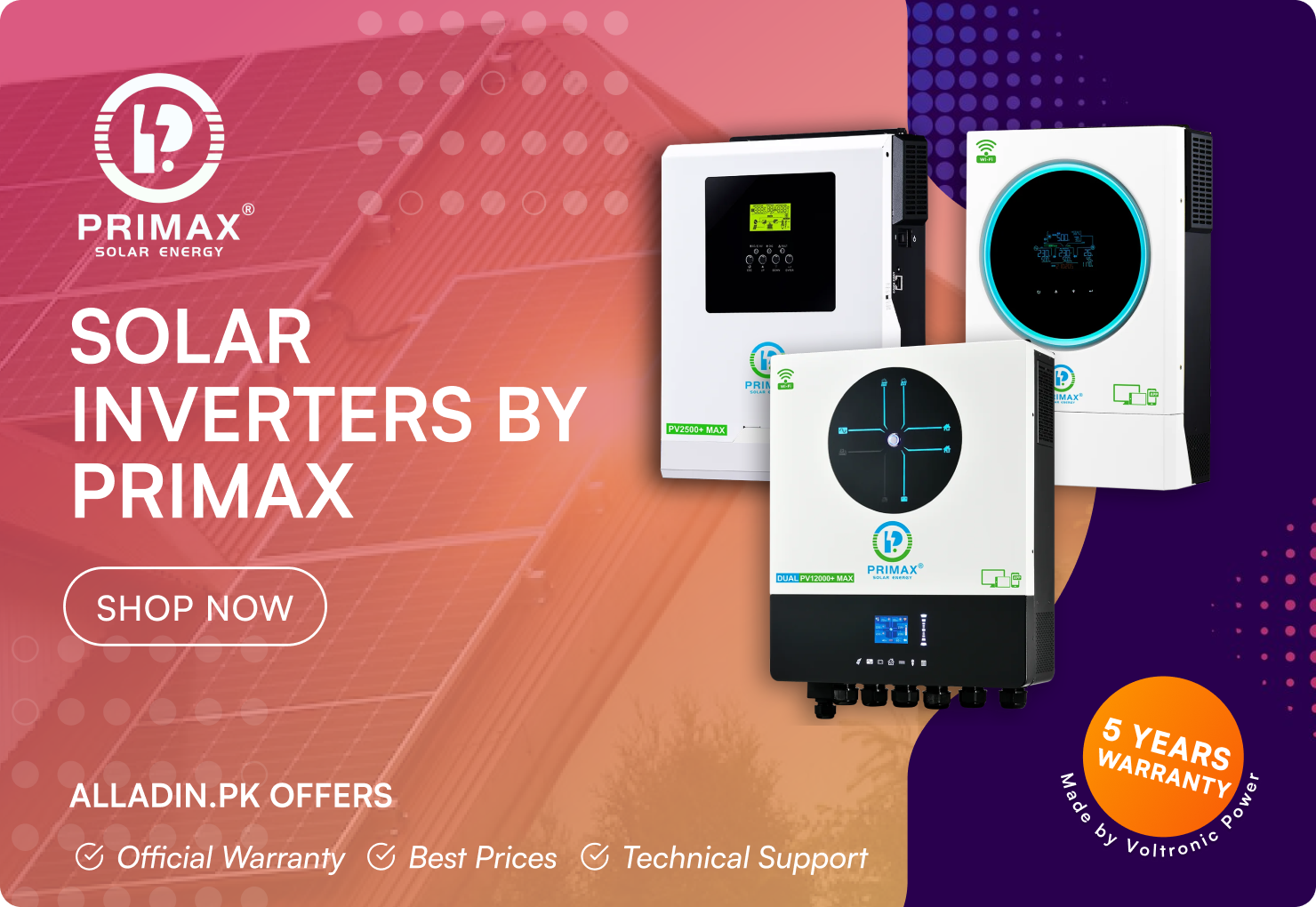When it comes to solar energy systems, choosing the right inverter is crucial. The inverter plays a key role in converting the energy produced by solar panels into usable electricity. Solar inverters are typically categorized into three main types: on-grid, off-grid, and hybrid. Each type serves a different purpose based on the energy needs and setup of the user.
1. On-Grid Solar Inverters
On-grid solar inverters, also known as grid-tied inverters, are designed to connect directly to the electrical grid. These inverters allow solar power systems to feed excess electricity back into the grid. This setup is ideal for homes or businesses that want to reduce their electricity bills by using solar power while still relying on the grid during times of low solar production (e.g., at night or on cloudy days). On-grid systems do not require batteries, as they draw power from the grid when solar production is insufficient.
Advantages:
- Cost-effective, as there is no need for batteries.
- Allows excess power to be sold back to the grid in some regions (net metering).
- Lower maintenance costs.
2. Off-Grid Solar Inverters
Off-grid solar inverters are used in solar systems that are not connected to the electrical grid. These systems are typically used in remote areas where grid electricity is unavailable. Off-grid systems rely on solar power and often include batteries to store energy for use at night or during periods of low sunlight. Off-grid inverters manage the power flow between the solar panels, batteries, and appliances.
Advantages:
- Independence from the grid, ideal for remote locations.
- Can be used in areas where there is no access to electricity.
- Battery storage ensures a continuous power supply.
3. Hybrid Solar Inverters
Hybrid solar inverters combine the features of both on-grid and off-grid systems. They allow you to use solar power during the day, send excess energy to the grid, and store some of it in batteries for later use. Hybrid inverters are ideal for homeowners who want to maximize their solar energy use and have the option to store power for use during nighttime or power outages.
Advantages:
- Provides energy storage for backup power during outages.
- Allows excess energy to be fed back into the grid.
- Flexible and adaptable to different energy needs.
Conclusion
Choosing between an on-grid, off-grid, or hybrid solar inverter depends on your location, energy consumption, and whether you want to be independent of the power grid. On-grid systems are ideal for cost-effective, grid-connected homes, off-grid systems are perfect for remote areas, and hybrid systems offer flexibility with both energy storage and grid connection.


